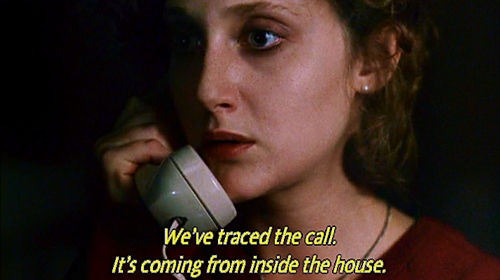A novel position came across the United States Distdict Court for the District of Washington, D.C.: Should the U.S. Grant copyright protection to AI-generated inventions and designs? At least one man, Stephen Thaler, the president and CEO of Imagination Engines, believes so.
The Complaint
In 2018, Thaler filed a copyright application covering an AI-generated work produced by one of his AI systems called the Creativity Machine. “A Recent Entrance to Paradise”, as it was so titled, is one part of a series of works depicting a simulated near-death experience.
“A Recent Entrance to Paradise” by the Creativity Machine.
The best laid plans going astray, as they are often wont to do, the Copyright Office rejected that application on the basis that no human had authored the work. Thaler, in response, sued the United States Copyright Office, alleging that the Office’s denial of his copyright registration is “arbitrary and capricious” and not in line with existing law.
Mr. Thaler is no stranger to the advocacy of AI’s right to authorship under U.S. intellectual property laws. Indeed, Mr. Thaler recently appeared before the U.S. Court of Appeals for the Federal Circuit, arguing that his AI system “DABUS” is entitled to patent protection over two inventions it generated—one covering an improved beverage container and another covering a “neural flame” device to be used by search and rescue teams.
The Copyright Act, for its part, grants protection over “original works of authorship.” Mr. Thaler contends that the Copyright Act does not limit authorship to natural, human persons. The question then remains, however, as to what *does* constitute "authorship" for the purposes of U.S. Copyright Law? If a Court were to grant Mr. Thaler's AI's their copyrights, would the United States unknowingly be granting the right of authorship to all non-human entities? A similar case raised similar issues, namely a macaque monkey named Naruto, who took a "selfie" photograph. In that instances, the Ninth Circuit rejected the monkey's (or, a human with Naruto's best interests at heart) quest to obtain copyright ownership over his selfie.
Selfie taken by Naruto, a macaque monkey, with a camera owned by photographer David Slater.
What’s Next?
Throughout history, the question of an AI’s ability to create a work of authorship has not been an issue. Only recently have AI systems advanced to the point of being able to engage in the creative process without further human direction or interaction. Indeed, between 2002 and 2018, annual patent applications covering AI systems doubled from 30,000 to 60,000, with the overall share of patent applications which contain AI systems increased from 9 percdent to approximatelly 16 percent.
The outcome of Mr. Thaler’s lawsuits will have rippling effects on all creators who use AI in the course of authorship. With AI systems already being used to generate music, games, art, and prose, such works would be deems devoid of copyright if the courts maintain that direct human involvement is essential foe the creation of a work of authorship. While the courts should be extremely cautious in opening an intended can of worms, it is clear that the status quo indeed needs to change—to some degree—with the times. Indeed, should AI systems ultimately lose this battle in court, all works created by them could be used freely by anybody, despite the dramatic invetsments in AI systems that companies and individuals alike are contributing. This could end up have a chilling effect on the rate of progress in such markets.
As with most things in life, perhaps the answer is more complex than “sure, all AI-generated works are entitled to protection with the AI system as the proper author”. What is clear, however, is that the U.S. Copyright Law is beginning the end game of a game of chicken with the AI-driven economy of the future. The questions of AI authorship is not one that is likely going away any time soon, save for a dramatic reworking of the U.S. Copyright Law.
[View a copy of Mr. Thaler's complaint]
If you have any questions about hiring experienced and licensed U.S. copyright and trademark attorneys to represent you in front of the Copyright Office and/or the USPTO, we would be happy to discuss with you further! Please contact Gugliotta & Gugliotta, L.P.A. here, by phone at (888) 298-8580, by email at hello@inventorshelp.com, or by mail at 55 S. Miller Road | Ste. 203, Akron, OH 44286.
Gugliotta & Gugliotta, LPA publishes this blog for educational and/or promotional purposes only, not to provide specific legal advice. By using this blog site, you indicate that you understand there is no attorney-client relationship between you and Gugliotta & Gugliotta, LPA. This blog should not be used as a substitute for obtaining legal advice from a licensed attorney. In addition, statements made on this blog represent the viewpoints of the individual authors, and do not necessarily reflect the views of Gugliotta & Gugliotta, LPA, nor any of our clients.








